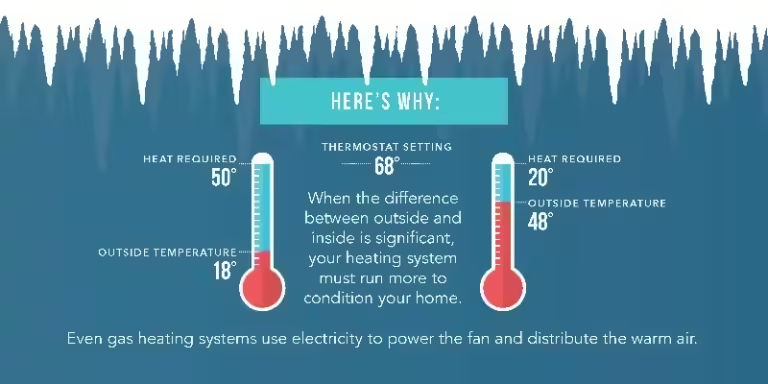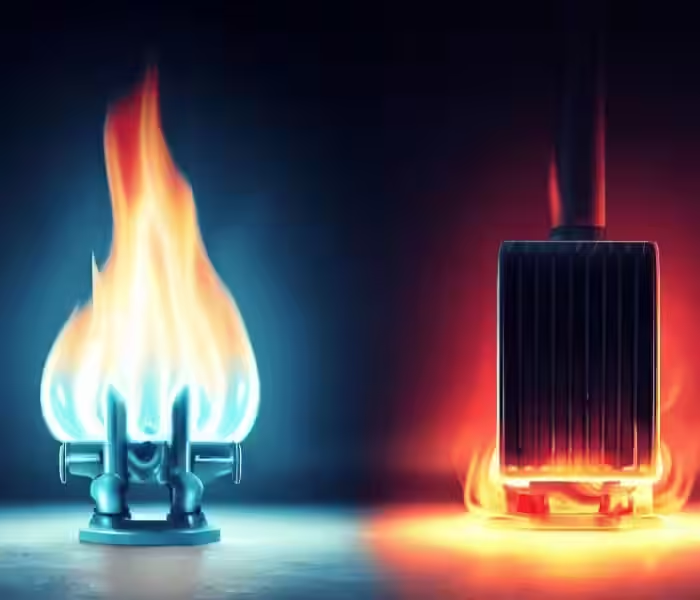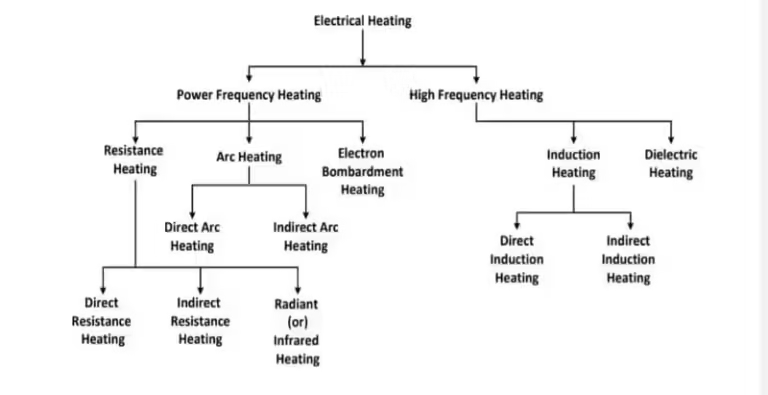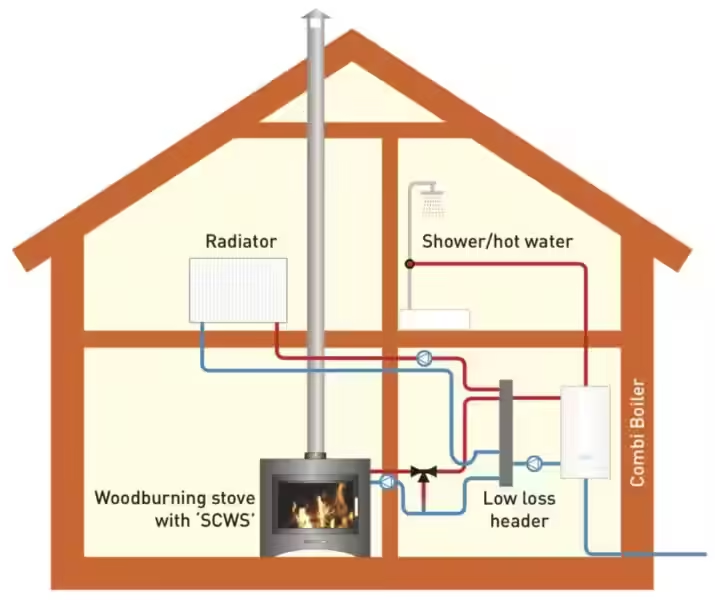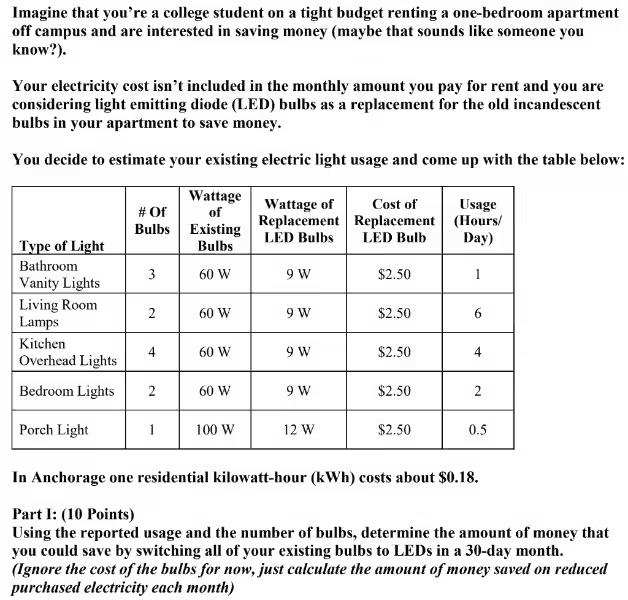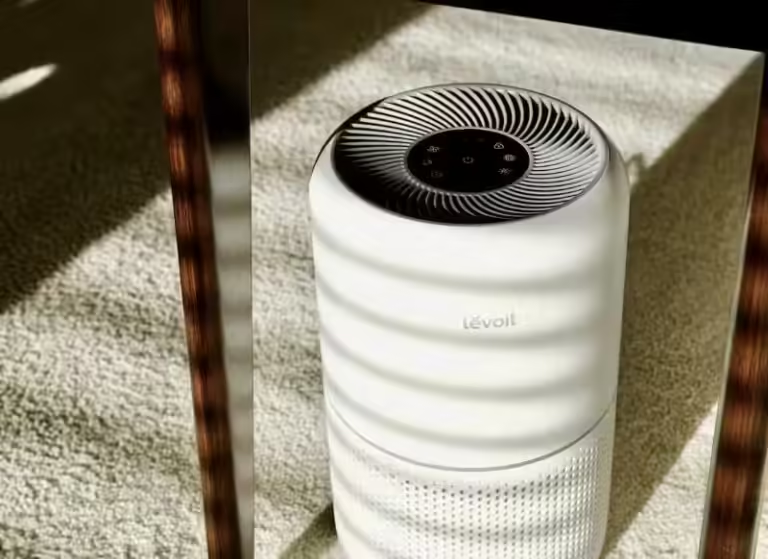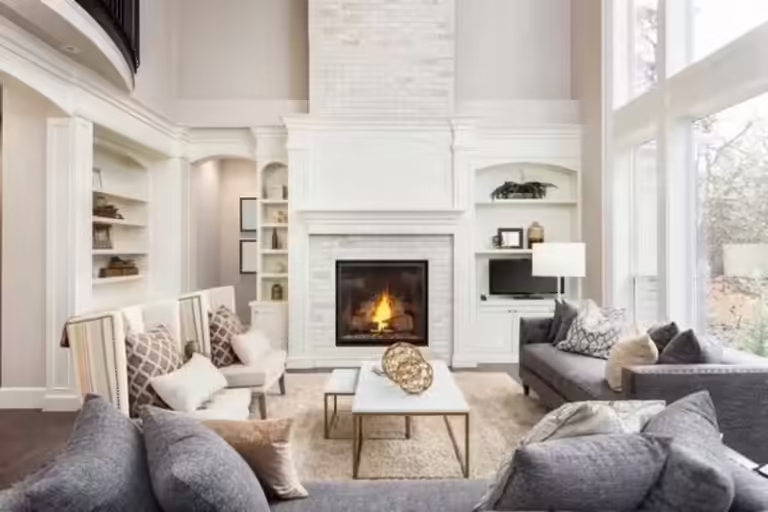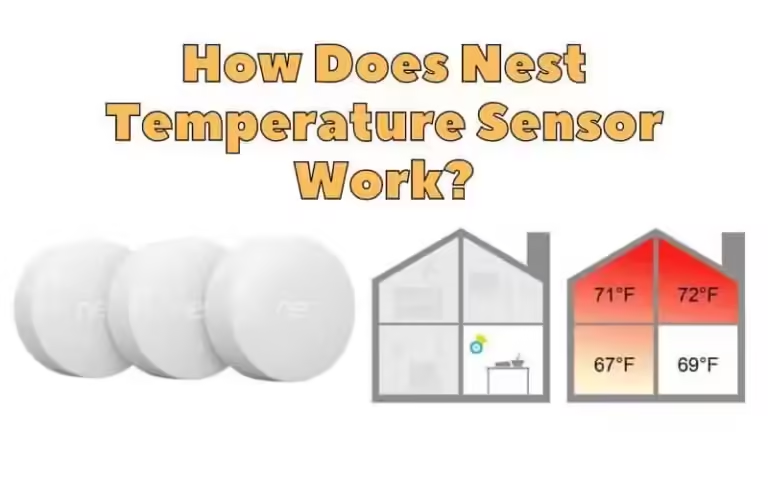The Most Efficient Heating System for Your Old House: A Comprehensive Guide
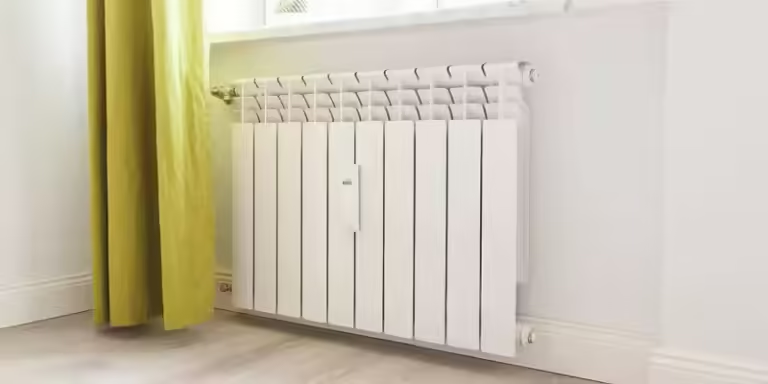
Owning an older home is a dream for many, but heating it can be a nightmare. Drafty windows, inadequate insulation, and aging heating systems lead to sky-high energy bills and shivering occupants. But don't despair! The right heating system can transform your historic home into a haven of warmth and comfort, without breaking the bank.
The Challenges of Heating Old Houses
Older homes were built with different standards and materials than modern houses, presenting unique challenges when it comes to heating:
Drafty Windows and Walls
While leaky windows get the blame, sometimes the culprit is more insidious. Gaps in construction, deteriorating insulation, and unsealed chimneys can all contribute to drafts, making your home feel like a wind tunnel. Imagine opening a window, but instead of a single pane, it's a wall with gaps all over! That's the reality of drafts in older homes.
Outdated Insulation
Older homes often lack sufficient insulation, especially in the attic, where heat escapes like a runaway balloon. Think of your attic as a giant heat sink; if it's not properly insulated, it's sucking all the warm air out of your home. This leads to high heating costs and a chilly living space.
Underperforming Heating Systems
Outdated boilers, radiators, and aged forced-air systems can be inefficient, like trying to warm your home with a candle. These systems struggle to keep up with the demand, leading to uneven heating and sky-high energy bills. It's like trying to heat a mansion with a tiny fireplace.
3 Steps to Efficiently Heat Your Old House
Modernizing your old house's heating system is a multi-step process, but the rewards are worth the effort. Here's how to create a warm, comfortable, and energy-efficient home:
1. Stop Cold Drafts
Think of your home as a fortress, and drafts are the enemies trying to penetrate your defenses. You need to seal those gaps and prevent cold air from invading your living space.
Temporary Solutions
Don't underestimate the power of simple solutions! Use draft stoppers to seal gaps under doors, magnetic vent covers to block air flow from fireplaces, and window sealers to create a tight seal around windows. These inexpensive fixes can make a significant difference in reducing drafts.
Permanent Solutions
For a long-term solution, consider air sealing your home. This involves identifying and sealing gaps and holes where cold air enters. It's like patching up a leaky boat so it can stay afloat. A professional air sealing service will find all those hidden leaks and seal them up, making your home much more efficient.
2. Add Insulation
Insulation acts as a barrier, preventing heat from escaping your home and cold air from entering. Think of it like a thick blanket protecting your home from the elements.
Upgrade Existing Insulation
Replace outdated insulation with modern, high-performance materials. This is like upgrading your old winter coat with a new, state-of-the-art one that keeps you warm and comfortable. Modern insulation materials are more effective at trapping heat, meaning less energy is lost and your home is more comfortable.
Insulate the Attic
Focus on insulating your attic, as it's a prime spot for heat loss. Imagine sealing the roof of your home to keep the heat inside. A well-insulated attic creates a thermal boundary, preventing heat from escaping and saving you money on heating costs.
Consider Basement Insulation
Insulating basement walls also helps prevent cold air from seeping in. It's like adding a layer of protection to your basement, preventing the cold from chilling your entire home. This can significantly improve the overall comfort and efficiency of your home.
Professional Energy Audit
For a comprehensive approach, consider scheduling a professional energy audit. An energy auditor will identify areas needing insulation and provide recommendations for improving your home's energy efficiency. It's like having a home doctor diagnose the problem and provide a treatment plan.
3. Choose the Most Efficient Heating System
After sealing the drafts and adding insulation, it's time to address the heart of your home's heating system. Don't assume your current system, even a newer version, is the most efficient option. Explore modern, energy-efficient alternatives that can provide comfort and savings.
Heat Pumps
Heat pumps are highly efficient and provide both heating and cooling, making them a versatile option. They're like a two-in-one appliance, providing both heat and cooling, eliminating the need for separate systems. Plus, they can be installed without ductwork, which is ideal for older homes that lack existing duct systems.
Boilers and Radiators
Boilers and radiators are common in older homes, but they aren't very energy-efficient. They can be like old wood-burning stoves; they work, but they require a lot of fuel and generate a lot of heat. However, upgrading to a modern, modulating-condensing boiler can significantly improve efficiency and performance.
Electric Baseboard Heating
Electric baseboard heating is a good option for individual rooms, but it's not a whole-house solution. It's like having a personal heater for each room, but it can be costly to heat the entire house this way.
Radiant Floor Heating
Radiant floor heating provides a comfortable warmth, but installation can be intrusive. It's like having a warm floor under your feet, perfect for chilly toes on cold days. However, installing it can be disruptive, as it requires removing floor coverings and laying down the heating system.
Furnaces
Furnaces are common, but often less efficient than heat pumps. They're like the traditional heating system, but they can be inefficient and require a lot of maintenance.
Gas or Oil to Electricity
Converting from gas or oil to electricity can be more energy-efficient and cleaner. It's like switching from a gas-guzzling car to an electric vehicle, reducing your carbon footprint and saving money on fuel costs.
Heat Pumps as the Leading Choice
Heat pumps are a leading choice due to their efficiency, comfort, and dual-purpose functionality. They're like the ultimate heating and cooling solution for old houses, providing warmth in the winter and coolness in the summer.
Key Takeaways
Heating an old house doesn't have to be a dreaded chore. By following these strategies, you can create a comfortable and efficient home, saving money and reducing your environmental impact.
- Improving insulation and air sealing can significantly reduce heating costs and improve comfort.
- Heat pumps are a highly efficient and versatile heating option for older homes.
- Professional energy audits and HVAC contractors can provide expert guidance and solutions.
- Financial assistance, tax credits, and rebates may be available for energy-efficiency upgrades.
With careful planning and the right approach, you can transform your old house into a warm and inviting haven, enjoying the charm of history without sacrificing modern comfort and efficiency.
Frequently Asked Questions About Heating Systems for Old Houses
What is the most efficient heating system for an old house with no ductwork?
Ductless heat pumps are a highly efficient and flexible option for older homes without existing ductwork. They provide both heating and cooling, offer individual zone control, and can be installed with minimal disruption to the home's aesthetics.
Are heat pumps a good option for an older home with a gas boiler?
Yes, heat pumps can be an excellent replacement for an outdated gas boiler, especially if you are looking to reduce your reliance on fossil fuels and improve energy efficiency. They are also more versatile, providing both heating and cooling.
How efficient are high-efficiency gas boilers compared to heat pumps?
While modern gas boilers offer improved efficiency, heat pumps are generally more energy-efficient, especially in moderate climates. Heat pumps utilize electricity, which can be sourced from renewable energy sources, further reducing your environmental impact.
Is it worth replacing a gas boiler with a heat pump in an older home?
Replacing your gas boiler with a heat pump can be a worthwhile investment if you prioritize energy efficiency, comfort, and reducing your environmental impact. However, it's essential to consider the upfront costs and potential long-term savings when making this decision.
What are the advantages of using electric heating for an old house?
Electric heating options like baseboard heaters or radiant floor heating offer good localized warmth and can be installed without ductwork. However, they can be less efficient than heat pumps, and the cost of electricity may be higher than natural gas.
Are solar panels a good option for a home with an electric heating system?
Solar panels can significantly reduce your electricity costs, making electric heating more financially viable. However, it's crucial to consider your roof space, sunlight exposure, and the cost of installation before making this investment.

